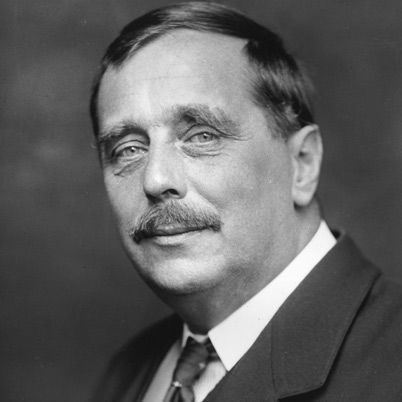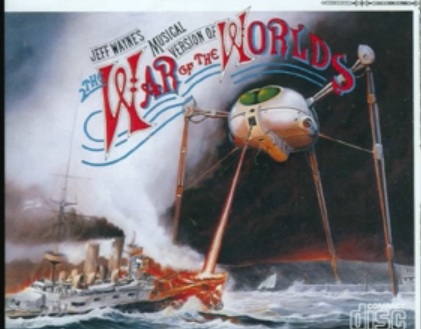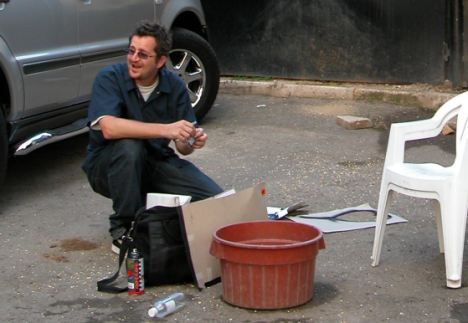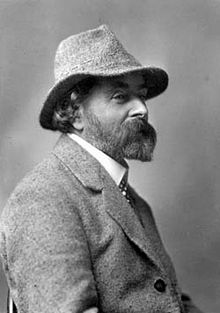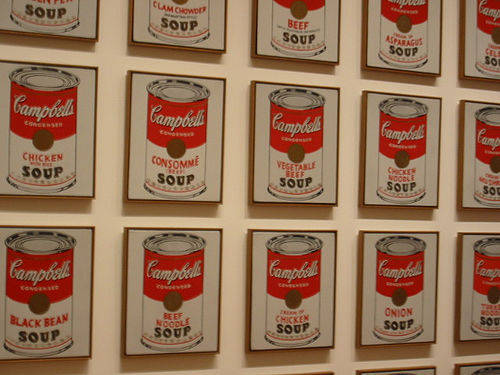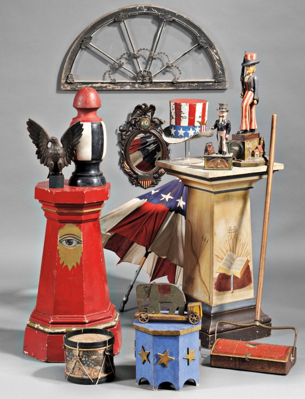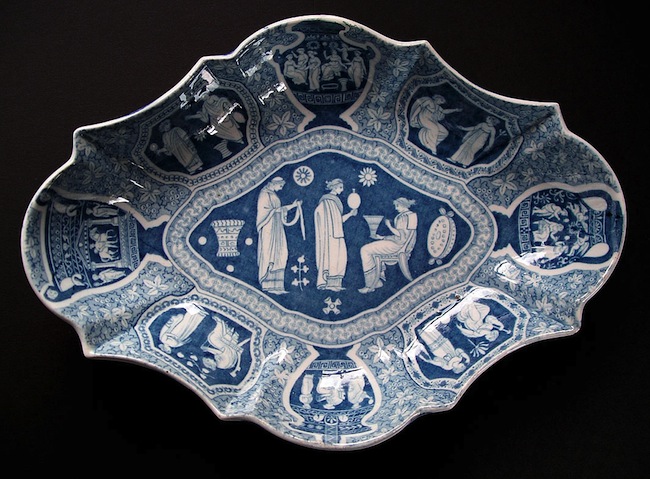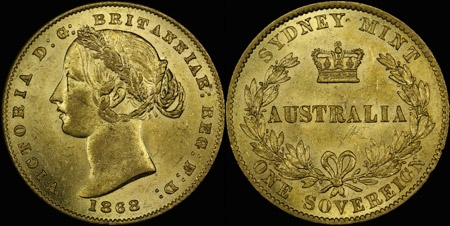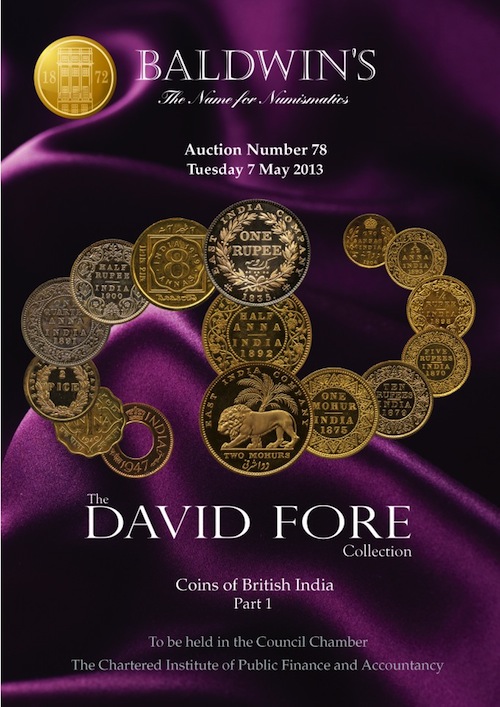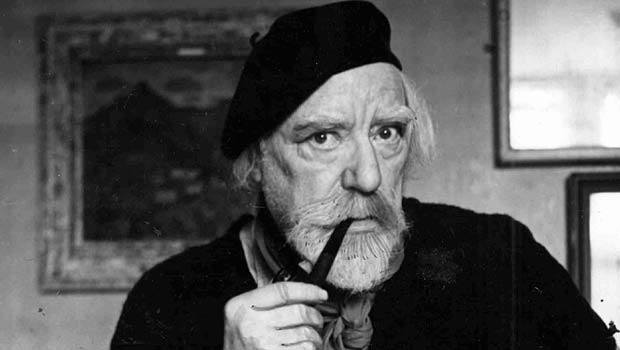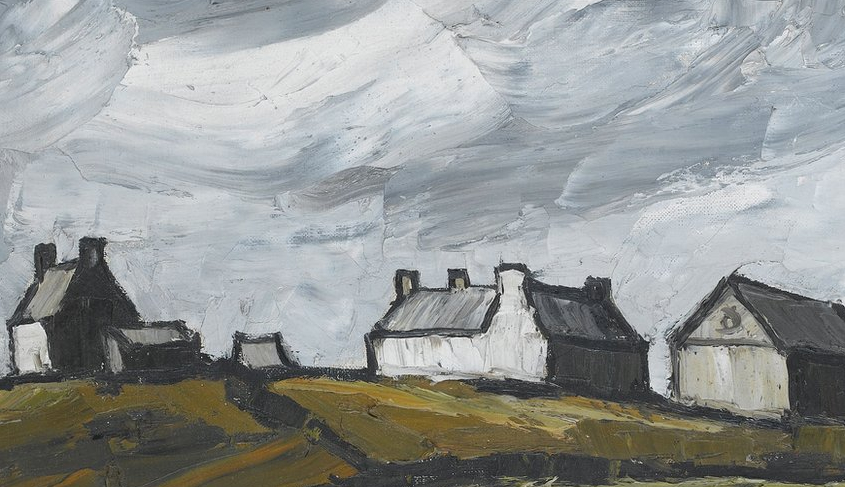English novelist, journalist, sociologist, and historian, whose science fiction stories have been filmed many times. H.G. Wells’s best known works are The Time Machine (1895), one of the first modern science fiction stories, The Invisible Man (1897), and The War Of The Worlds (1898). Wells wrote over a hundred of books, about fifty of them novels which were way ahead of their time. In his early scientific writings Wells predicted the invention of modern weapons such as the tank and the atom bomb.
Herbert George Wells, the son of an unsuccessful tradesman, was born in Bromley on 21st September, 1866. After a basic education at a local school, Wells was apprenticed as a draper. Wells disliked the work and in 1883 became a pupil-teacher at Midhurst Grammar School. While at Midhurst Wells won a scholarship to the School of Science where he was taught biology by T. H. Huxley. Wells found Huxley an inspiring teacher and as a result developed a strong interest in evolution. Wells founded and edited the Science Schools Journal while at university. Wells was disappointing with the teaching he received in the second year and so in 1887 he left without obtaining a degree.
From 1893 Wells devoted himself entirely to writing. As a novelist Wells made his debut with The Time Machine, a parody of English class division.
Passionate concern for society led Wells to join in 1903 the socialist Fabian Society in London. It advocated a fairer society by planning for a gradual system of reforms. Wells did not believe in Marx’s proletarian socialism, and wrote a messianic dystopia about socialist revolution.
One of his most famous works was War of the Worlds which has twice been made into a film. Orson Welles’ Mercury Theater radio broadcast, based on The War of the Worlds, caused a panic in the Eastern United States on October 30, 1938. In Newark, New Jersey. What radio listeners heard that night was an adaptation, by Orson Welles’ Mercury Theater group, of a science fiction novel written 40 years earlier: The War of the Worlds, by H.G. Wells. However, the radio play, narrated by Orson Welles, had been written and performed to sound like a real news broadcast about an invasion from Mars. Thousands of people, believing they were under attack by Martians, flooded newspaper offices and radio and police stations with calls, asking how to flee their city or how they should protect themselves from “gas raids.” Scores of adults reportedly required medical treatment for shock and hysteria.The hoax worked, historians say, because the broadcast authentically simulated how radio worked in an emergency.
“No one would have believed, in the last years of the nineteenth century, that human affairs were being watched keenly and closely by intelligences greater than man’s and yet as mortal as his own; that as men busied themselves about their affairs they were scrutinized and studied, perhaps almost as narrowly as a man with a microscope might scrutinize the transient creatures that swarm and multiply in a drop of water.” (from War of the Worlds)

